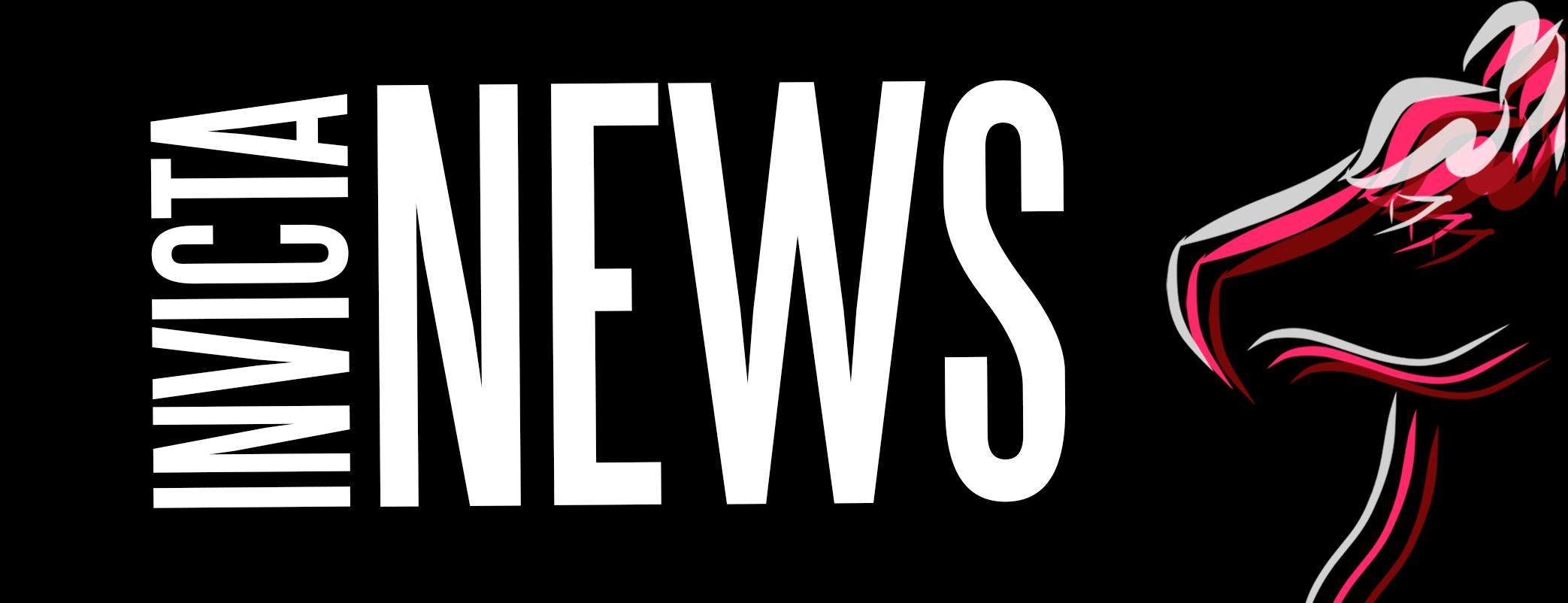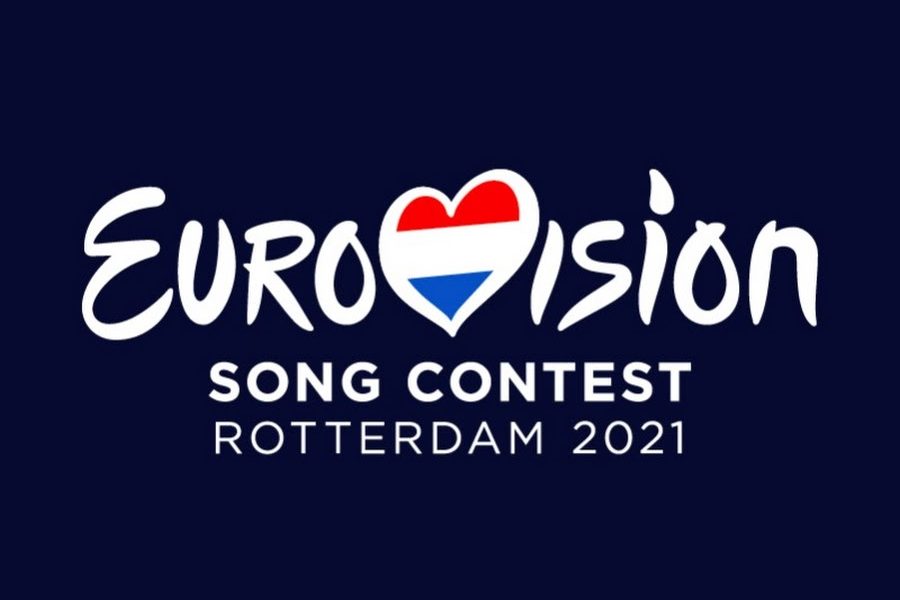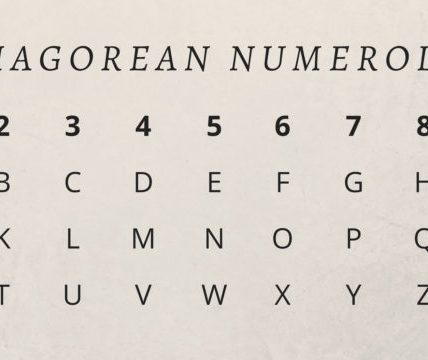Eurovision finally returning after Covid cancellation last year
The Eurovision Song Contest is finally back on our screens this Saturday after last year’s event was cancelled as a result of the pandemic.
This year’s competition will be held at the Rotterdam Ahoy Arena after the Netherlands’ triumph in 2019, with Duncan Lawrence’s song ‘Arcade’.
It has been a long road to return for fans at Eurovision after a four-tiered plan was revealed last year in an attempt to get spectators back in to watch the musical extravaganza.
The two semi-finals this week have acted as tests with a small group of 3,500 fans being allowed in, provided they record a negative covid test before entering.
Unfortunately, some members of the international delegations have tested positive, meaning that everyone’s favourite Icelandic pop group, Daði Freyr, will not be able to perform at the Grand Final.
They will instead use the pre-recorded footage from their rehearsals, as was done during the semi-finals.
Paul Jordan is an expert on all things Song Contest, hence the nickname ‘Dr Eurovision’, and he spoke about the impact Covid guidelines will have on the show: “I think viewers at home probably won’t notice a difference, because the delegations have been able to sit very closely.
“There is an audience and they have various effects in the arena to make it sound busier than it is. On the whole, people probably won’t notice the difference at home”, Paul Jordan said.
The UK’s entry this year is ‘Embers’ by James Newman. He was meant to perform last year and was given the opportunity to perform this year, which he accepted.

Speaking about the song to Newsbeat, he said: “I feel like everyone wants a party and to have some fun so when I was writing, that’s what I had in my head. I wanted something people can dance to, even if it’s just in their kitchen”.
Just a day before the Grand Final, current bookmakers are predicting that the top three nations will be Italian band Måneskin with their song ‘Zitti e buoni’ (‘shut up and behave’), Barbara Pravi singing ‘Voilà’ and Destiny from Malta performing ‘Je me casse’ (I’m out of here’).
As with every Eurovision, there is always a high chance of a bit of controversy, from stage invasions to political gestures from the artists’ green room.
Organisers have ensured that every possible scenario has been dealt with, as author Dean Vuletic explains: “There is a backup recording of the show in case there are any stage invasions or if a performer sings something different to what was planned, they will also go to the backup”.
Dean Vuletic has written about the link between post war Europe and the Eurovision Song Contest and commented on the chances of: “I don’t think there are going to be any more political controversies. The show must go on”.

Two countries, Armenia and Belarus, have both dropped out of the tournament, with Armenia leaving as a result of political instability in the country whilst Belarus were disqualified because their song was deemed ‘too political’.
The 2019 edition of Eurovision saw Icelandic techno band Hatari were posing with Palestinian banners after their results were awarded, a very controversial decision given that the event was held in Tel Aviv, Israel.
Regardless of what happens, millions around with world will watch the musical extravaganza to see who wins the glass microphone and who’s going home with nil points.





